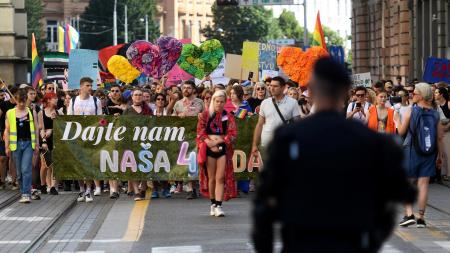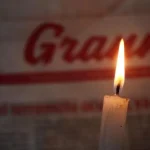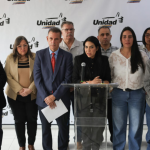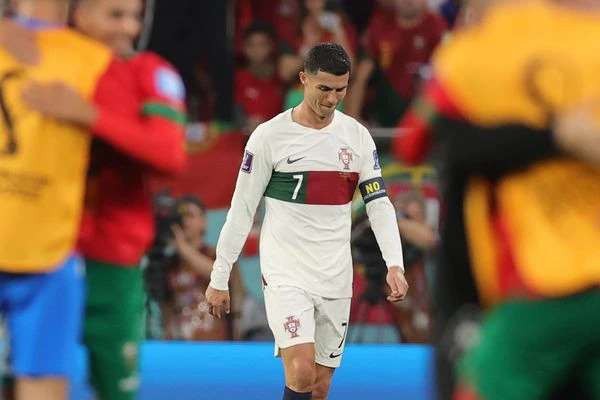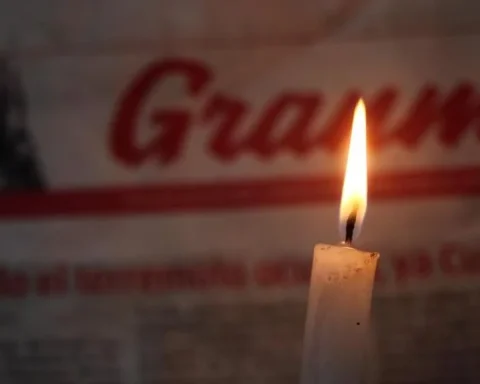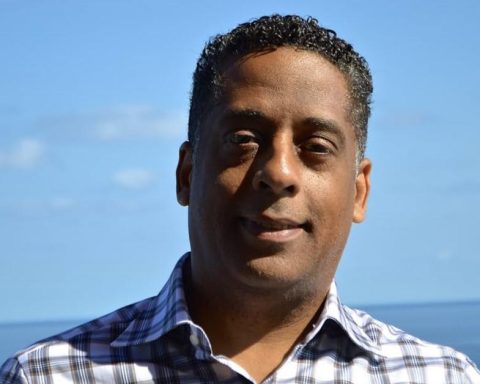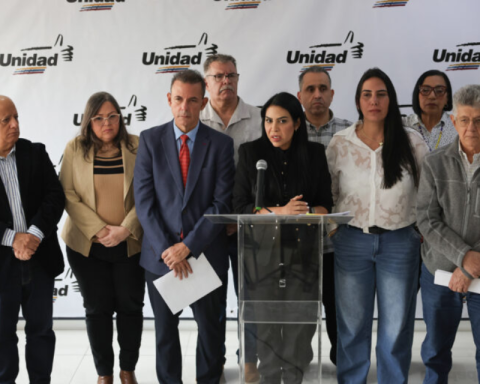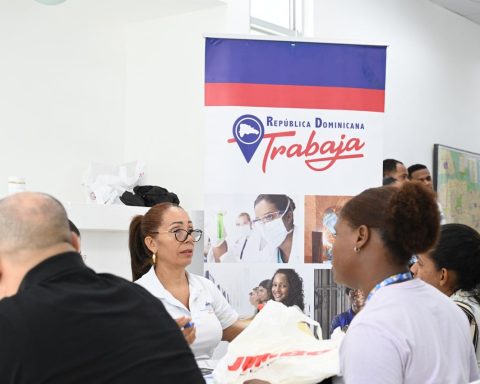Croatia will star alongside Argentina in one of the matches that opens the door to the 2022 Soccer World Cup final, a country that since it became a republic in 1990 has made progress in equal rights, in a current context where women and LGBTIQ+ are demanding greater guarantees to access equal living conditions and without violence.
Since the start of the World Cup, before each match of the Argentine national team, we review the situation of the country with which Argentina plays, from a perspective focused on rights and gender equality, rescuing the artistic references, soccer players and militants social.
The Constitution of the Republic of Croatia pays special attention to the protection of human rightsand this young republic -it became independent from Yugoslavia in 1990- already had a president, Kolinda Grabar Kitarović, from 2015 to 2020 and a prime minister, Jadranka Kosor, from 2009 to 2011.
Current data from the Policy Department of the European Parliament Committee on Employment and Social Affairs show that 60% of Croats believe that the most important role of women is to take care of their homesthat there are more unemployed women than men, and that 58.6% of the unemployed do not work outside the home because they work taking care of family members.
Amnesty International annual report highlights “notable improvements” in strengthening the fight against gender violence.
And it highlights that The Penal Code was modified to allow ex officio prosecution in situations of gender violence when the victim is unable or unwilling to press charges, penalizes “revenge pornography” (defined in Argentina as non-consensual distribution of intimate images) and broadens the definition of “intimate partner” to include both former and new partners. in line with the standards of the Council of Europe Convention on Preventing and Combating Violence against Women and Domestic Violence (Istanbul Convention).
In Croatia the Istanbul Convention entered into force in 2018, and before that date it had already enacted laws for Protection against Domestic Violence, Gender Equality and Anti-Discrimination. Based on the regulations, the Office and the Ombudsman for Gender Equality arose.
According to data from the Ministry of the Interior, from January to October 2021, there were 1,224 women victims of domestic violence, 11 murders of women, while in 2020 there were 19, of which 9 were femicides.
This is why Amnesty highlights in its report that the authorities reported a continuous increase in gender-based violence, including rape and domestic violence, and that the Gender Equality Advocate urged the authorities to further strengthen prevention and education programs.
This year, the case “JI v. Croatia” became the first of the European Court of Human Rights that arises from domestic violence against a Roma woman and the second related to sexual violence against a Roma girl.
Although abortion is legal in the country until the 10th week of pregnancythe high percentage of health professionals -60% according to social organizations- who allege conscientious objection to carry out the practice, makes it difficult to access the right.
For this reason, thousands of women held demonstrations in different cities in May to demand another regulation that guarantees the real exercise of the right.
Religious and conservative groups are pushing to repeal the abortion law
The pressure from anti-rights organizations also impacts the LGBTIQ+ population. For the first time in over a decade, the annual Pride event in Zagreb in July, was marked by a series of physical and verbal attacks towards those who marched, and the burning of an LGBTIQ+ rainbow flag.
The country recognizes Hate crimes against sexual orientation and/or gender identitybut there is no equal marriage law or legal option to adopt for same-sex couples.
However, in 2020 the Croatian High Administrative Court ruled that Ivo Šegota and Marijan Kožić had the right to adopta sentence they reached after years of legal claims.
The Personal Names law stipulates that everyone can change their name without restrictions based on gender. In this sense, the International Association of Lesbians, Gays, Bisexuals, Trans and Intersex in Europe (ILGA, in English) asked the government for reforms that make the process to access the chosen identity more accessible and clearer, and an adoption law for same-sex couples.

Both on the court and in the cinema
In the football world, the women’s team played its first international match on October 28, 1993 against Slovenia (lost 3-0). She has not yet participated in the women’s Eurocup, nor has she qualified for the World Cup or the Olympic Games.
According to FIFA, the successes of Croatian men’s football are causing gradual changes in women’s football. Ana Markovic, 23-year-old forward and one of the promises of her team, publicly showed her anger that the media presented her as the “sexiest soccer player in the world” or the “blonde bombshell”. “They have never seen me play football and they only pay attention to my appearance. I think it’s a real shame,” she stated.
In the field of cinema, and after decades of predominance of narratives centered on the Croatian war of independence and stories led by men -in which women occupied a very secondary and utilitarian role-, the work of the filmmakers began to build their own place and continues to grow.
Though they still occupy a very marginal role in industry percentages, with 7% in directing roles and 12% among screenwriters, filmmakers Hana Jusić, Sonja Tarokić, Dana Budisavljević and Vanja Cernjul; and the producers Anita Juka, Tamara Babun and Lana Matić; are some of the representatives of the field that lead this path, with their appearance in the latest editions of prestigious festivals such as Cannes and Toronto.
As in other European regions, Croatian artists also compete in the music scene of their country, especially since the emergence of #MeToo and its aftershocks globally. However, at the beginning of the last decade, signs of change were already being seen both on and behind the scenes, with the precedent of the successful singer-songwriter Nina Romić, promoter in 2012 of the first day integrated exclusively by women at a music festival. It was also during those years that the collective Le Zbor, a female choir with a feminist messagerevolutionary and in favor of LGBTIQ+ rights.
Today, some references that seek to deepen these transformations are the queer rock group Zen, the singer Zvonka Obajdin, from the band Svemir; singer-songwriter Sara Renar and pop singer Jelena Rozgathe more
Among the feminist social referents, stand out Gordana Lukač Koritnik, first female ombudsman for gender equality in the Republic of Croatia; feminist journalist Vesna Kesić, who has investigated wartime rape; the activist Jelka Glumičić who, among other projects, promoted the Helpline for women and children, and sheltered housing for the elderly, and who was nominated for the Nobel Peace Prize.
The World Cup is an opportunity to learn about and make visible rights, those that have been won, those that are missing, and the role of activists. It is the objective of this work
This World special produced from the Gender and Diversities edition of Télam was possible thanks to teamwork with Clara Olmos, Agustina Ramos, Victoria Ojam, Marina Butron, Marianela Mayer, and Nicolás Luna.
